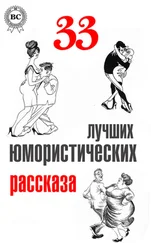the Prince of Orange– William III & II (Dutch: Willem III; 1650–1702). On 5 November 1688 William invaded England, deposed King James II & VII and won the crowns of England, Scotland and Ireland
King James(1633–1701) was King of England and Ireland as James II and King of Scotland as James VII; the last Roman Catholic monarch to reign over the Kingdoms of England, Scotland and Ireland
Henry I.(1068–1135) – the fourth and the most able of William the Conqueror’s sons. He strengthened the crown’s executive powers and modernised royal administration
John of Gaunt(1340–1399), duke of Lancaster; English prince, fourth son of the English King Edward III. He had some influence during the reign of his nephew Richard II
Charles I.(1600–1649), King of England, Scotland and Ireland whose refusal to compromise over complex religious and political situations led to civil war, his own execution and the abolition of the Monarchy
the habitues– people who often visit a specific place (mostly for entertainment) (French)
the tap-room– the room where they pour beer from the taps
pipeclaying– pipeclay is white pure clay, used for producing tobacco pipes and for whitening leather
wur– was
rule-of-three– a shorthand version for a particular form of cross multiplication
plaster-of-Paris– the gypsum. In the 1700s it was required to be used in all construction in Paris
Fairfax– Thomas Fairfax, (1612–1671) was a general and parliamentary commander-in-chief during the English Civil War
brethren of the brush– painters
penny nap– a trick-taking game of cards, called Nap or Napoleon
the Volunteers– a popular movement, a citizen army created in 1859
Bummel– it’s a German word, and the author himself gives full explanation of it… in the very end of the book!
maids-of-honour– a tart with the recipe dated back to the times of Henry VIII
the lugging, the reefing, the heeling her over– yachting terminology
bathing machine– a small cabin on wheels, pulled to the sea, for bathers to change their clothes
cycling paper– apparently, some newspaper devoted to bicycles
Two to one agin the old gent in the white weskit– two to one against the old gentleman in the white waistcoat
bar he don’t roll over hisself ’fore ’e gets there– if he doesn’t roll over himself before he gets there
Heven money– even money, a proposition with even odds – the bettor stands to lose the same amount of money that the winner of the bet would win
the Purple Hemperor (Emperor)– a butterfly
supineness– the feature when one allows things to happen without offering any resistance
Mr. Turveydrop– owner of a dance academy, model of good manners (from Charles Dickens’ Bleak House)
Behalten Sie Ihr Haar auf– “Leave all your hair on your head”, meaning “be quiet” (German)
bairns– children (archaic)
Glorious Goodwood– is believed to be “the world’s most beautiful racecourse”
Ben Jonson– Benjamin Jonson, (1572–1637), a playwright, poet, and literary critic
Rabelais– François Rabelais (1494–1553), a French writer, doctor, and scholar. His best known work is “Gargantua and Pantagruel”.
Gibbon– Edward Gibbon (1737–1794), English historian
Dr. Johnson– Samuel Johnson (1709–1784), an English writer, moralist, literary critic, biographer, editor and lexicographer
Coleridge, Southey, and Wordsworth– English poets of 18–19 centuries
Hebel– Johann Peter Hebel (1760–1826), German writer, teacher and theologian
I was dar, sar– I was there, sir
I’se gwine ter tell yer– I am going to tell you
axed– asked
sez I, now yer jest step out with yer best leg foremost– I say
(to myself) – you must be in a great hurry
the musical glasses– a glass harp made of upright wine glasses
catherine wheels– a type of firework named after the instrument
of torture of St. Catherine
Carlyle – Thomas Carlyle (1795–1881), a Scottish philosopher, satirical writer and historian. He called time “the Conflux of Eternities”.
Frederick– Frederick II (Frederick the Great), Prussian king from 1740 to 1786. He established Prussia as a strong military power.
Bummeling– walking (German)
Voltaire– François-Marie Arouet (1694–1778), known by his nickname Voltaire, a French Enlightenment writer and philosopher, best known for his ready wit and his disagreement with the Catholic Church.
droschke– a cab (German)
Gott in Himmel– God in Heaven (German)
Welsh Harp– a well-organized recreation area in London
belegte Semmel– a sandwich (German)
August the Strong– Elector of Saxony, King of Poland (1670–1733), failed military strategist with unsuccessful political ambitions, and director of the most glamorous princely court of the 18th century
Jenny Wrens– little garden birds
Mrs. Hemans– Felicia Dorothea Hemans (1793–1835), English poet of the immense popularity thanks to her talent for treating Romantic themes. Her first poems were written when she was between 8 and 13
Читать дальше
Конец ознакомительного отрывка
Купить книгу
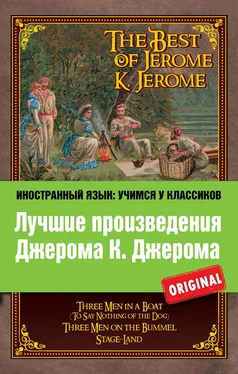
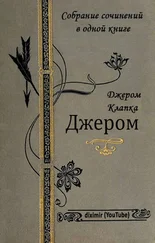





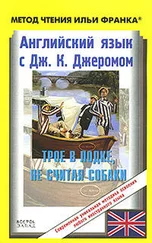
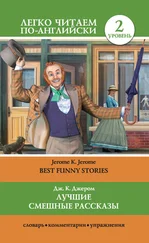
![Джером Джером - Избранные произведения в одном томе [Компиляция, сетевое издание]](/books/426293/dzherom-dzherom-izbrannye-proizvedeniya-v-odnom-tome-thumb.webp)


